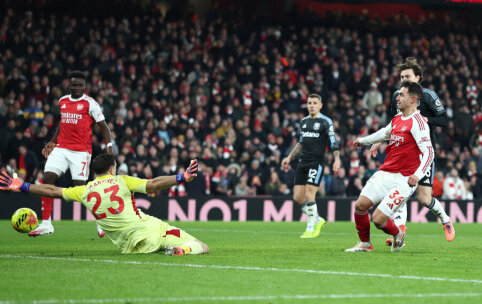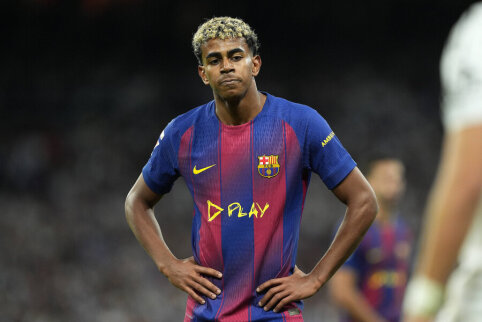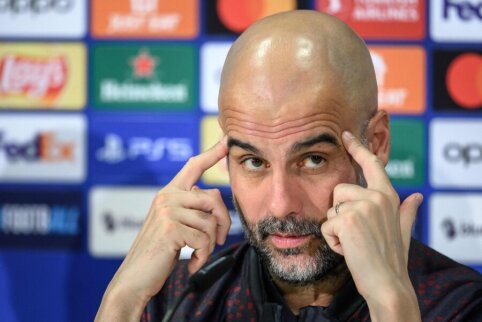 © EuroFootball.com
© EuroFootball.com
It does not mean that the team traveled almost 10,000 kilometers to play in this year's World Club Championship in Japan just to join the trophy of the World Club Championship with their European crown; it is also an opportunity to reach a more intangible, perhaps even more desirable prize.
In recent years, the Asian market has become like the Holy Grail of the biggest European clubs. The attraction is obvious: Asia is the largest continent, a large part of it is either already affluent or, like China, in the midst of a boom, and their influence on European football has also been felt through satellite television.
Liverpool should be pleased that this tournament is taking place in Japan, as back in July, unexpectedly, the club had to cancel two friendly tour matches around the country due to the unexpectedly given chance to defend their hard-fought Champions League title. This must have caused significant disappointment. The Reds "acquired" many fans in Japan during their early dominance in the UEFA Cup era, when Western football started to be broadcasted in Japan. The team's general director, Rick Parry, said: "We understand that we have many fans in Asia. We went on tour here in 2001 and 2003, and the players were surprised by the warm welcome."
Although Liverpool's current trip is for tournament goals, there is no doubt that money is also earned in the Far East - fans quickly attach themselves to the biggest European clubs and such individual stars as David Beckham or Ronaldo. Summer tours and exhibition tournaments in Asia are now established as part of the pre-season preparation for European clubs.
Japanese journalist Atsushi Nakayama says: "It all started sincerely in the middle of the 1990s through satellite television. There was always an interest in European cups. This interest has grown every year. With the rapid increase in the number of matches broadcasted on television, there is practically no football fan who does not know what the UEFA Champions League is."
The incorporation of the best Asian footballers into European clubs has also contributed to all this. The large Chinese TV audience when their compatriots play for giants like Manchester City or Everton, as the Japanese journalists write nicely about their own, even if they only have substitute roles. Nakayama adds: "They really helped to increase the value of the Japanese name in the UEFA Cup. Shinji Ono, Hidetoshi Nakata, Koji Nakata, and Naohiro Takahara - all of them played in the tournament this season."
Of course, the Asian market will be of long-term benefit to European clubs if they establish roots there, rather than trying to make quick profits, as some tours this summer attracted unexpectedly low numbers of spectators. Increasingly sophisticated fans are no longer satisfied, as they see their heroes live and feel that friendly matches do not compare to the intense UEFA Champions League matches they can watch on TV.
Bayern Munich is already taking this step. The club, led by international affairs manager Martin Hagele, has chosen a long-term strategy. Hagele, well known in Japan, travels east practically every month. What "Bayern" seeks to achieve is clear.
"The club's president Karl-Heinz Rummenigge and general manager Uli Hoeness have a clear vision," says Hagele. "They want to become the best club in the world. So, we also have to become a highly valued brand in Asia. Many European clubs view the Asian market as a cash cow that requires nothing in return. However, Asian nations build trust and belief very slowly. We want to be an equal partner - both giving and taking. We are not going to Asia just to sell our jerseys. We are going there to establish friendship and a serious partnership."
He added: "I am convinced that the Asian market is not saturated. The market there is huge. And it is open to all who behave accordingly. On the one hand, they can learn from us how to organize and shape a club and how to train young players. On the other hand, we benefit from the creation of our name and the raising of our brand."
Here is the key: clubs know that at home they will have dedicated and loyal fans. If a club can attract a similar number of loyal fans from thousands of kilometers away, the financial rewards will be enormous. In today's football world, this is one of the main factors.
